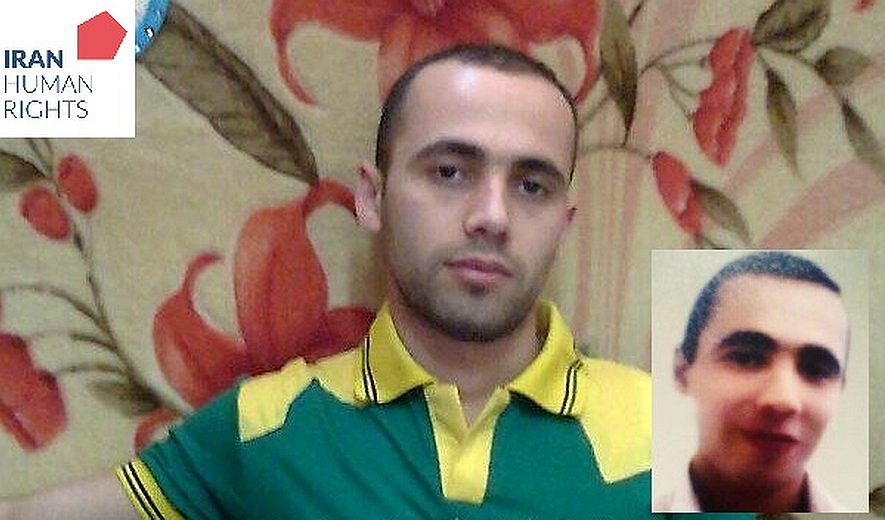Iran: Juvenile Offender Hamid Ahmadi Maledeh on Death Rowحمید احمدی مالده، کودک-مجرم زندان مرکزی رشت، در صف اعدام

December 22, 2018
Iran Human Rights (IHR); December 20,
2018: Hamid Ahmadi Maledeh, a prisoner who is sentenced to death for an alleged
murder at the age of 17, is in danger of execution in the coming months, after
having been on death row after 11 years in Rash Central Prison.
According to the IHR
sources, Hamid Ahmadi Maledeh was born on December 24, 1990. He reportedly
participated in a street fight on March 5, 2008, in which a person was
murdered. Hamid was 17 at the time of the incident. Nevertheless, his relatives
claim that he was only a mediator and did not commit the crime.
Close sources also
emphasized that Hamid was tortured in the first phase of interrogations to
confess against himself.
Following the adoption of
the latest Islamic Penal code in 2013 which was retroactive, Hamid’s case was
sent to forensics to estimate his maturity at the time of the crime. The
Islamic Penal Code puts the age of criminal responsibility for males at 15 and
9 for females. However, according to Article 91 of Iran's revised Islamic Penal
Code, it is up to the presiding judge's discretion to deem the juvenile mature
enough to understand the nature of the offense: "In the cases of
offenses punishable by hadd or qisas, if mature people under
eighteen years do not realize the nature of the crime committed or its
prohibition, or if there is uncertainty about their full mental development,
according to their age, they shall be sentenced to the punishments prescribed
in this chapter. In Hamid's case, the forensics refused to give an assessment
because they could not estimate one’s maturity eight years after the committed
crime. So, the judge decided to announce Hamid “mature enough” and upheld the
death sentence.
He was
sentenced to qisas (retribution in kind) death
penalty based on his confessions.
In qisas cases, the plaintiff has the possibility to forgive
or demand diya (blood money) instead of the death
sentence. In case of Hamid Ahmadi, the plaintiffs have set a
blood-money amount corresponding to 200.000 USD. If Hamid doesn't pay this
amount, he will be in danger of execution in the coming months.
Despite ratifying the UN
Convention on the Rights of the Child which bans the death penalty for offenses
committed at less than 18 years of age, Iran is the world's top executioner of
juvenile offenders. So far in 2018, Iranian authorities have executed six
juvenile offenders.
No comments:
Post a Comment